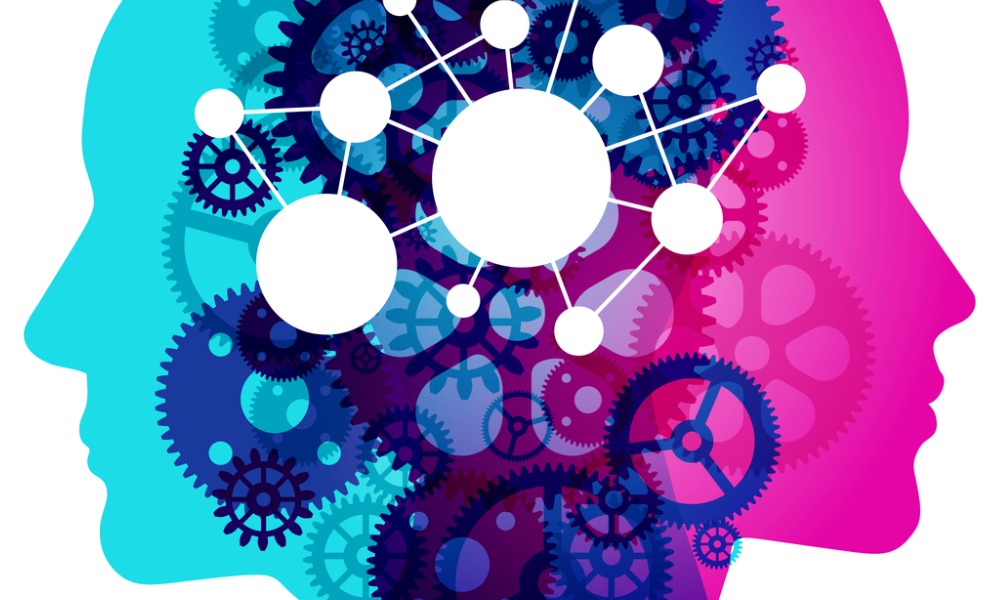
Taking a neuroscientific approach to boosting well-being and productivity in the workplace

As demands on professionals continue to grow, HR leaders are constantly searching for new ways to enhance the wellbeing and productivity of their teams.
In an interview with HRDTV, Dr Bryn Winegard, an expert in applied neuroscience and positive psychology, shares insights into taking a neuroscientific approach to boosting wellbeing and productivity in the workplace.
“If your job is to motivate people, and make sure that they're productive and happy and doing the right work, knowing more about them is tantamount,” said Winegard.
In contrast to the old adage that humans only utilise 10% of their brain, Winegard told Davies digital brain imaging painted a different story.
“Every neuron in there is working as hard as it can to be part of as many neural networks as possible.”
That means humans don’t necessarily have direct access to every part of their brain, and a lot of what happens in the decision-making process actually happens in the subconscious.
“As an HR director, you really do need to realise that there's huge portions of the brain that make the decisions that then feed those decisions to the conscious realm and to the language centres and to the centres of the brain that then speak out loud. And so what we see is that people are not as in control as they might like,” she said.
Another myth Winegard seeks to stamp out is the idea that the brain is a machine that can focus uninterrupted for 8 hours; the brain in fact works on an ultradian rhythm, which is a much shorter cycle – at its best, around 90 minutes.
“What it means is that your day isn't a marathon, your day is a series of sprints, and you likely need a lot more breaks than you are giving yourself, and then you're giving your people,” she said.
“The brain is a very expensive organ, but not like a machine at all. And to treat it like one is to create not just error, but disorder and pathology in our workers.”
To find out more about the synergy of positive psychology and neuroscience and gain practical tips on how to enhance your teams’ mental wellbeing and motivation watch the full interview on HRDTV